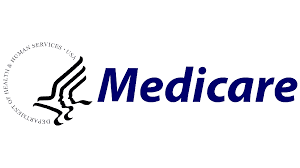Chemotherapy-induced peripheral neuropathy (CIPN) is a type of nerve damage that is caused by chemotherapy treatment for cancer. It is characterized by numbness, tingling, and a loss of sensation in the hands and feet. In severe cases, CIPN can cause pain, muscle weakness, and impaired coordination. CIPN is a common side effect of chemotherapy and can occur in up to 70% of individuals receiving treatment. The severity of CIPN can vary widely, and in some cases, it may resolve on its own after chemotherapy treatment is completed. In other cases, it may be a long-term condition that requires ongoing pain management.
While there is no cure for chemotherapy-induced peripheral neuropathy (CIPN), there are several treatment options that can help to manage the symptoms. These may include:
It is important for individuals with CIPN to work together with their oncology and pain management teams to determine the most appropriate treatment plan for their specific needs. This may involve a combination of different treatment options.
If you or a loved one is experiencing CIPN, it is important to speak with a healthcare provider to determine the most appropriate treatment plan. With the right treatment, it is possible to effectively manage and reduce the severity of CIPN.












